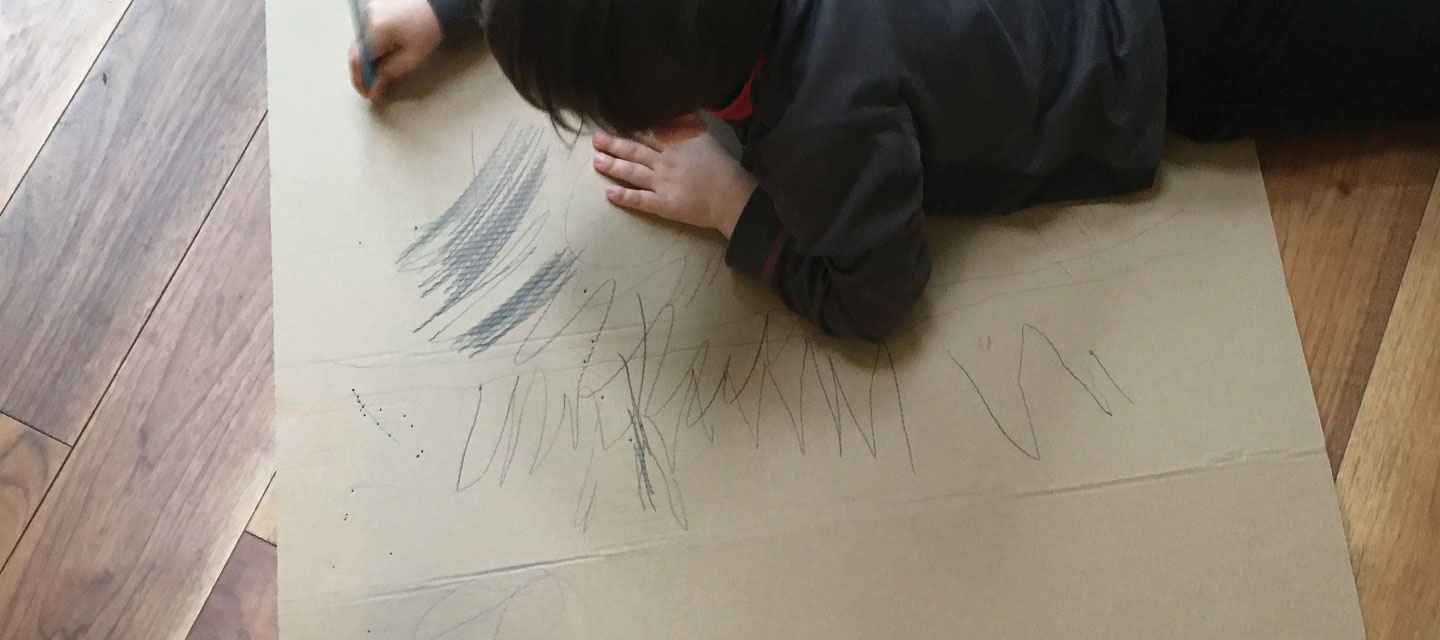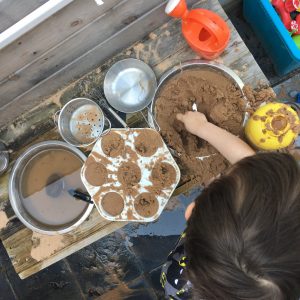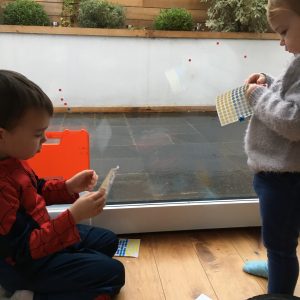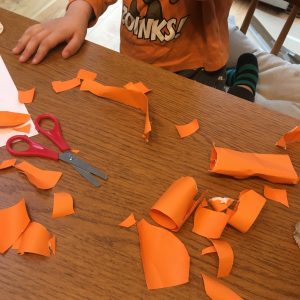Why Holiday Boredom is Great For Our Children
The holidays are fast approaching. Are you excited, or are you dreading holiday boredom?
Phrases we have probably all heard our children say at some point are “I’m bored”, “There is nothing to do” or I don’t know what to do”.
This is true for pre-schoolers or articulate teenagers! What has your reaction been when you hear these words? Impatience? Quickly reeling off a list of ideas/?
Have you ever said with enthusiasm “Good! It is good to be bored.”
Why we shouldn’t fear holiday boredom
As parents and carers, we need to see holiday boredom, and boredom in general as a positive. There is now increasing evidence that real creativity emerges from a sense of boredom. Some planned activities and games are important. However, perhaps we shouldn’t be sighing, concerned or trying to rustle up things for them to do to keep them occupied.
Try saying ” Great! You’ll think of something to make or do soon”, and give them the space they need to do so.
Making includes letting the mind wander to conjure up a story or a poem, plan a model to make or invent a new version of a much-loved game. How about finding a way to get a toy up the tree and then back down? To start with a child might need little suggestions. I have known children as young as five or six create illustrated stories on a wet weekend for a younger cousin or think of a poem for Granny as Granny loved poems! My son’s Action Man was up and down all the trees in the garden but when he reached the roof, now that was a challenge!
Boredom is rarely wasted time. As parents we can often feel almost pushed into a busy schedule for our children. Perhaps we are worried they will miss out if they don’t join in. Perhaps the busy noise of Pinterest and Instagram makes us feel we always need to have a planned activity on hand. It does mean that for many children there is little time to experience being bored and the creativity that comes from this.
Have you ever tried planning a weekend with the children when nothing is planned?
I hope that doesn’t fill you with horror! Be brave… try it. You might be surprised what the outcome is by Sunday afternoon. Encouraging creativity means the adult has to learn to let go. Giving them the ideas and finding all the things they need isn’t being creative, it is being organised!
I know it may all sound crazy as children’s lives these days are filled up after school with clubs whether that is sport, dance or cubs and brownies. However, if you want your child to know what it is like to be really creative, it is important to give them the time and space. Don’t give up too easily if it doesn’t seem to work straight away. For many children having this space without an adult organising it all for them is a challenge for them too.
When they share with you their creations how are you going to react? No matter how strange or wonderful, their idea has to be taken seriously.
Ask them how they did it, and what gave them the idea. Your response as an adult will make all the difference between a child who feels it is worth being creative and one who doesn’t see the point. Bear in mind that creativity can be messy, especially with young children. Try having ‘messy play’ areas at home that you can easily clean up. Resist the urge to curtail any wild painting or paper cutting!
You can also think up little ideas yourself, so they see you being creative. I don’t mean writing a book or painting a picture (unless that is what you want to do!).
On one of my son’s birthdays I got the timing wrong at his party and needed to fill a quarter of an hour or so.I had to think quickly on my feet to entertain a group of primary aged boys. The answer was A4 paper and something to write with. I got them all round a table and turned the lights out. They had to follow instructions to create a picture (in the dark). I asked them to draw a lake in the middle of the page, put a duck behind the lake, put a boat on the lake, draw a tree to the left of the lake etc..
When the lights came back on they all wanted to continue with the game as it was so silly but such fun… it was then requested at subsequent parties!
Remember that being creative can also be mistaken for doing nothing. She might be sitting on the sofa looking as if she is wasting time, but her mind will be busy with her next creation!
Have fun!
Bron Kucharski is an experienced primary and head teacher who has worked in a variety of schools over the years. She has a passion for developing in children a love of learning and language, enquiring minds and the confidence to be creative.




